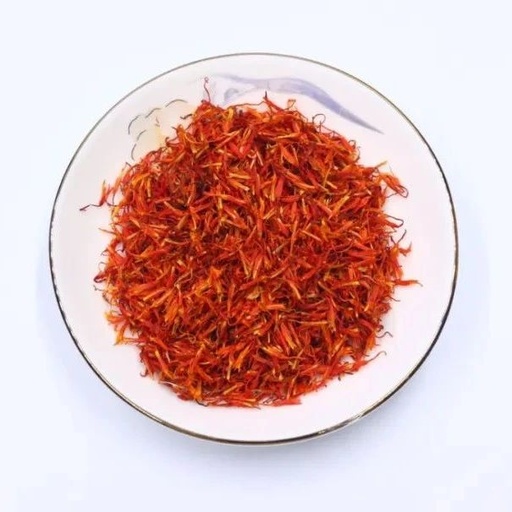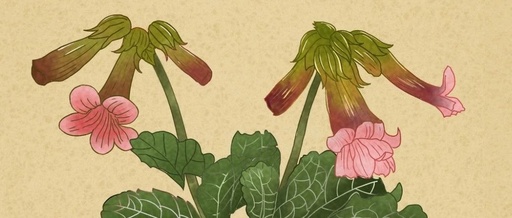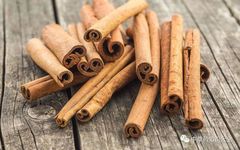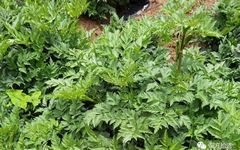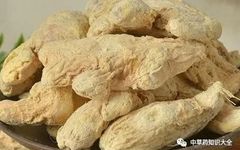Exploring the Compendium of Materia Medica: A Masterpiece of Natural History
Joy Soaking in the Fragrance of Books Bathing in Classics Reading Compendium of Materia Medica A Masterpiece of Natural History Overview of the Entire Book The Compendium of Materia Medica consists of 16 volumes and 52 chapters, totaling approximately 1.9 million words. The first and second volumes provide an introduction divided into 33 topics, detailing … Read more




